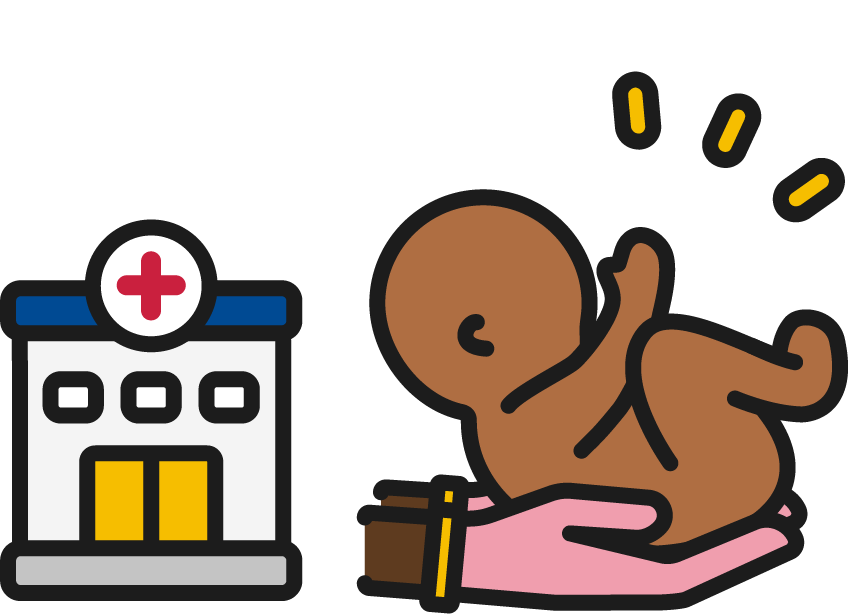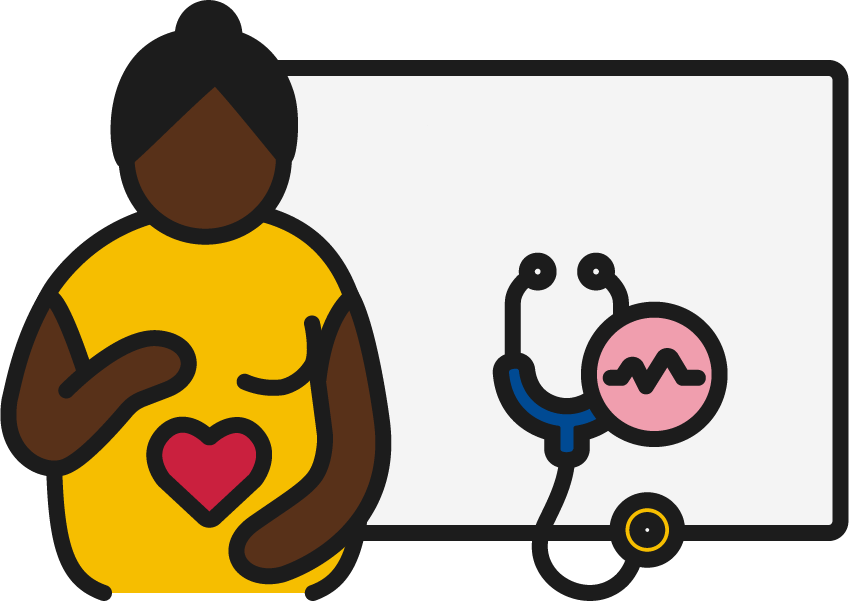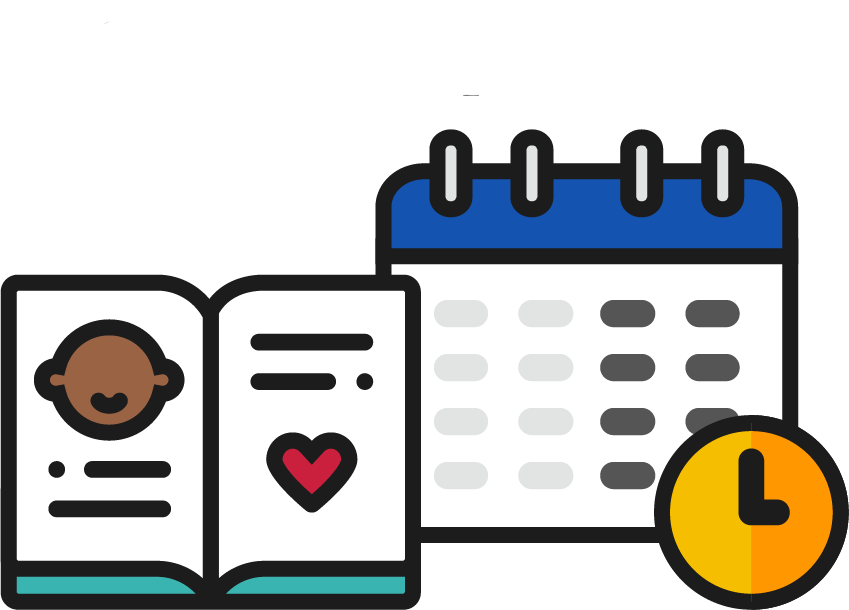
Maternal Health
Health care for women and expectant mothers is often considered a “report card” for the strength of a health system—and for global action toward health equity and human rights. Unfortunately, our global society is failing: Every day, more than 700 women die from complications related to pregnancy and childbirth, with most of those deaths entirely preventable.
Where PIH works, maternal mortality rates are some of the worst in the world: Just over 90 percent of all maternal deaths occur in low- and lower-middle-income countries.
Believing in women’s rights as human rights, PIH focuses heavily on caring for women and expectant mothers. Around the world, we partner with ministries of health to improve health systems on behalf of women and their families. And across rural, underserved communities, we deliver comprehensive women’s and maternal health care to not only save lives, but also promote the right to health, safety, and autonomy among those marginalized by gender.
57,500 safe, facility-based deliveries, including over 13,160 lifesaving C-sections globally each year. 152,400 prenatal care visits provided annually. More than 46,100 women started a family planning method each year.Our Impact



Prenatal to Postnatal Care
PIH-supported facilities offer the full spectrum of maternal health care, from prenatal checkups, to safe deliveries, to postnatal monitoring and follow-up.
Women face myriad obstacles in seeking health care, such as the distance to the nearest clinic, missing work and losing a day’s wages, or the inability to secure child care during an appointment. In the face of these challenges, PIH’s community health workers (CHWs) step in. CHWs make home visits to women during and up to a year after pregnancy to keep a close eye on their health, and refer and accompany them to care when needed.
This accompaniment and care is often lifesaving. A prenatal checkup can detect conditions like pre-eclampsia that, without diagnosis and treatment, could lead to a complicated, fatal birth. A facility-based delivery can ensure that mother and baby remain safe and healthy with trained clinicians available to handle any emergencies. Postnatal care can help reinforce efforts to prevent mother-to-child transmission of HIV.
Investments in maternal health staff, stuff, space, and systems mean that care is improving for women across four continents. In Sierra Leone, for instance, we’ve provided unprecedented resources to rural Kono District’s only major hospital, including running water and 24-hour electricity, a functioning blood bank, a surgeon, and robust systems for clinical training and medical supply chain. Clinicians are now able to perform cesarean sections day or night, provide safe blood transfusions, and care for mothers with the medications, supplies, and know-how found in any wealthy, well-resourced hospital.
Maternal Waiting Homes
Maternal waiting homes are facilities that help guarantee a clinic- or hospital-based birth for pregnant women who face complications or live far away. Located near a health facility, women stay at the homes as their due dates approach, and have 24-hour access to care until it is time to deliver with help from a trained clinician.
PIH supports 139 maternal waiting homes worldwide, including in Lesotho, Rwanda, Sierra Leone, Haiti, and Malawi. In Haiti, the maternal waiting home on the grounds of University Hospital in Mirebalais, called Kay Manmito, offers dignified medical care, meals, psychosocial support, and health education to expectant mothers with at-risk pregnancies. Once women go into labor, they are escorted to the hospital for a safe, attended birth—likely lifesaving for them and their baby.
Independence and Family Planning
Access to family planning is an essential part of comprehensive, dignified women’s health care and aligns with our mission to promote gender equity through health.
Clinicians in PIH-supported maternity wards counsel women and adolescents on their family planning options and provide both short-term and long-acting contraceptive methods. This programming is tailored to specific communities. In Haiti, for example, PIH operates mobile clinics that provide long-acting contraception directly in communities, so women can plan their families without having to travel to a health facility.
CHWs and clinicians also are attuned to gender-based and sexual violence. These frontline health workers refer patients in distress to PIH mental health services and social support. In Rwanda, we support the Women and Girls Initiative and a network of youth centers that offer peer mentoring and economic and educational empowerment programs for adolescent girls, as well as medical and social services to teenage mothers and victims of abuse.
To empower and invest in women and girls is to empower and invest in a healthier, more just world. PIH’s continuum of women’s and maternal health care aims to do just that—and to tell every female patient that her life matters.
Featured Maternal Health Videos


